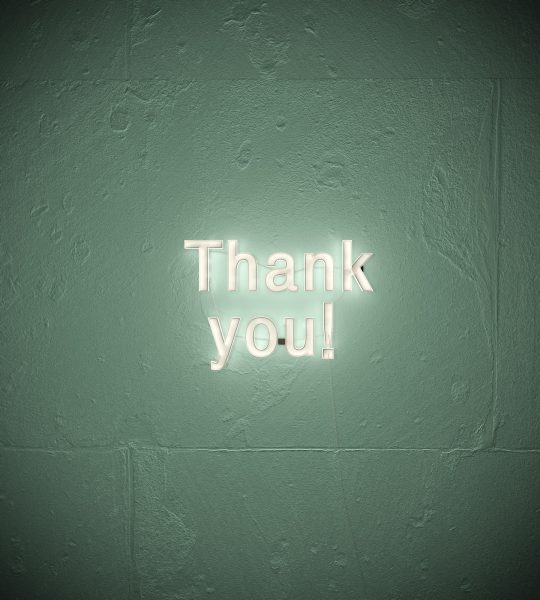Are You Thankful?
From Career Tips, 2021 Volume 11, November 2021

I just completed my latest round of alumni interviews, and two of the prospective Stanford students wrote me truly lovely thank you notes. They were so good, in fact, that I quoted sections of them in my interview reports.
They didn't just say 'thank you' and leave it at that. They reminded me of what I advise clients to do in their own thank you notes, illustrated by this acronym I use for both cover letters and thank you letters:
ICPQRS
This stands for:
I See
P assion
Q ualifications
R esults
S elf-Confidence
When you work those 4 elements into your cover letters and thank you notes, so that the recipient really sees them, you will be truly marketing yourself effectively.
And you may just be providing them the additional ammunition they need to sell you to their boss or anyone else who needs to be convinced that you are the person they want to hire, as the emails from those students did for me.
Now there are those who say that cover letters are not worth preparing, because no one reads them. Clearly many also feel that thank you notes are not worth the effort, since interviewers report not receiving them from a significant percentage of candidates.
So let's consider that.
I did a survey a couple of years back. Obviously, it isn't a very scientific result, since there was self-selection involved and it was only sent to those who read my newsletter or LinkedIn posts. But the results are still suggestive:
Over 85% said that as interviewers, you usually or always read cover letters, and 2/3rds said that whether or not a cover letter was included sometimes, usually or always influences your decision whether to bring in the candidate.
If the true percentage of all interviewers who are influenced by whether or not a cover letter was included is even half the percentage above, can you afford NOT to write cover letters?
The one exception might be if you are simply incapable of writing a coherent cover letter. In that case, don't risk it, as a bad cover letter would do more harm than no letter. But consider that you may then be missing a critical business communication skill that it would behoove you to work on.
What about thank you notes?
A little over half of respondents estimated that they receive them 50% or more of the time, and 20% said they receive them less than ¼ of the time.
That creates a huge opportunity to stand out, for those who do consistently send thank you notes. This is the potential influence you can have:
94% said that whether or not you receive a thank you sometimes, often or definitely affects your hiring decision. And the 'definitely' category alone was at 23%.
This is analogous to something else I advocate as a critical step at the end of the interview – ask for the job.
As a former hiring manager, I never wanted to go to all of the effort to work out an offer, convince my boss and get HR on board for whatever offer I wanted to make, do whatever paperwork might be required, make the call, etc., if I wasn't sure the candidate wanted the job.
A thank you is one aspect of making it clear how interested you are!
So, my question to you is this:
Are you thankful enough?
Sign up for Career Tips and receive more articles like this every month!
